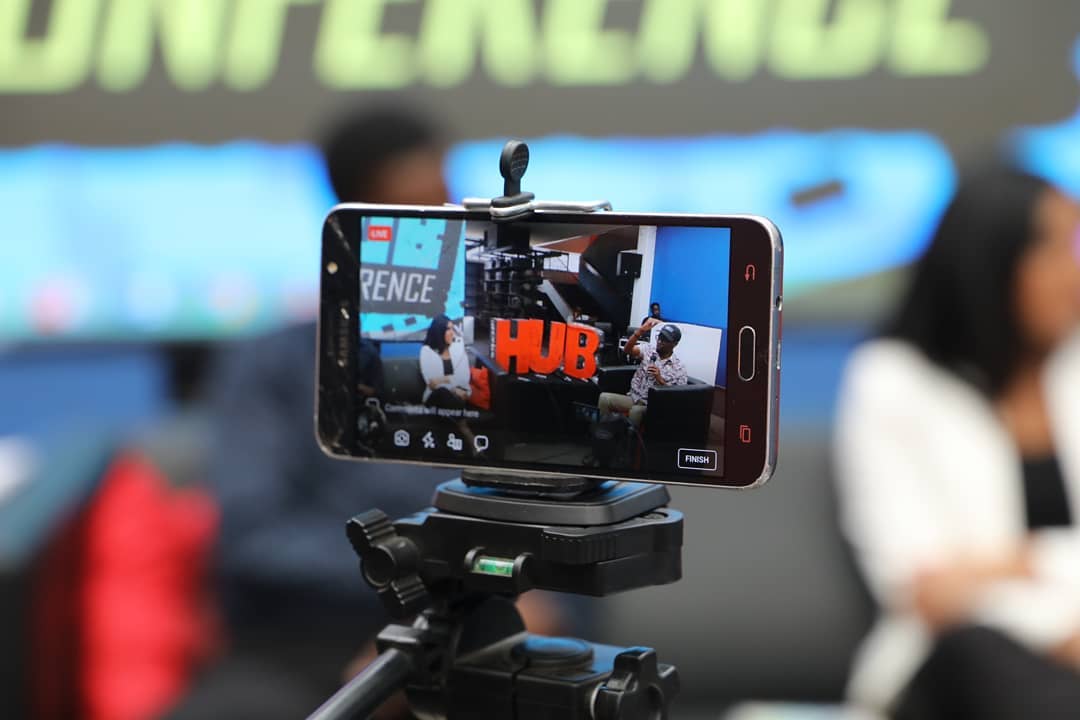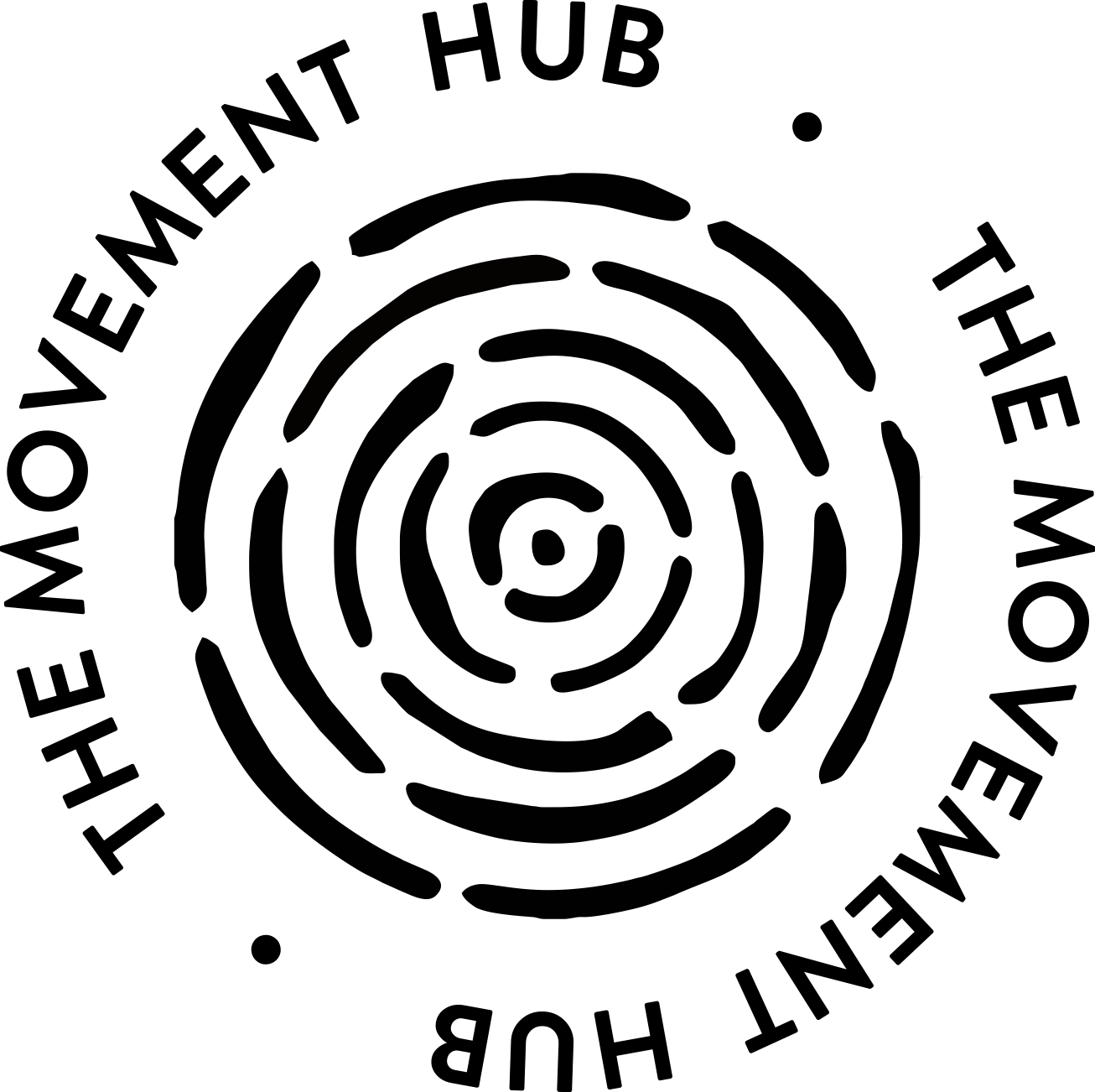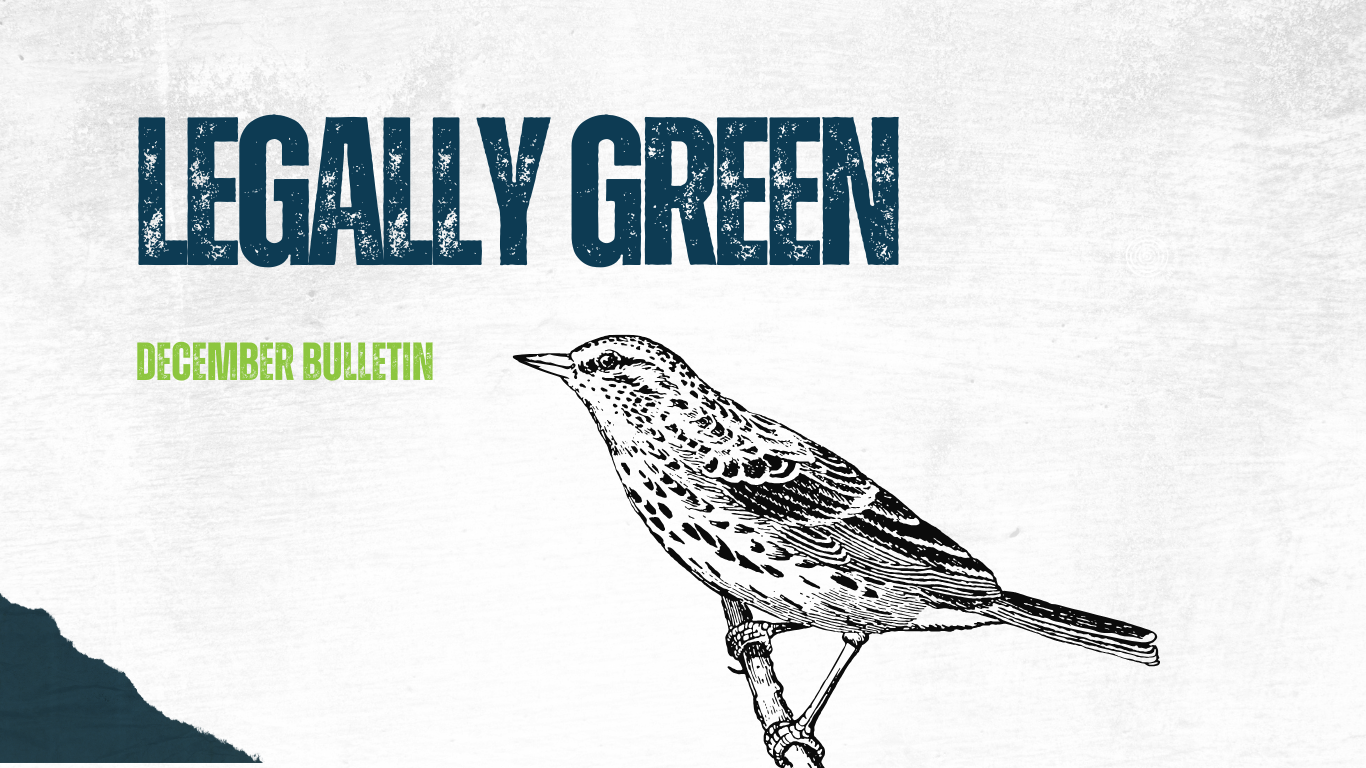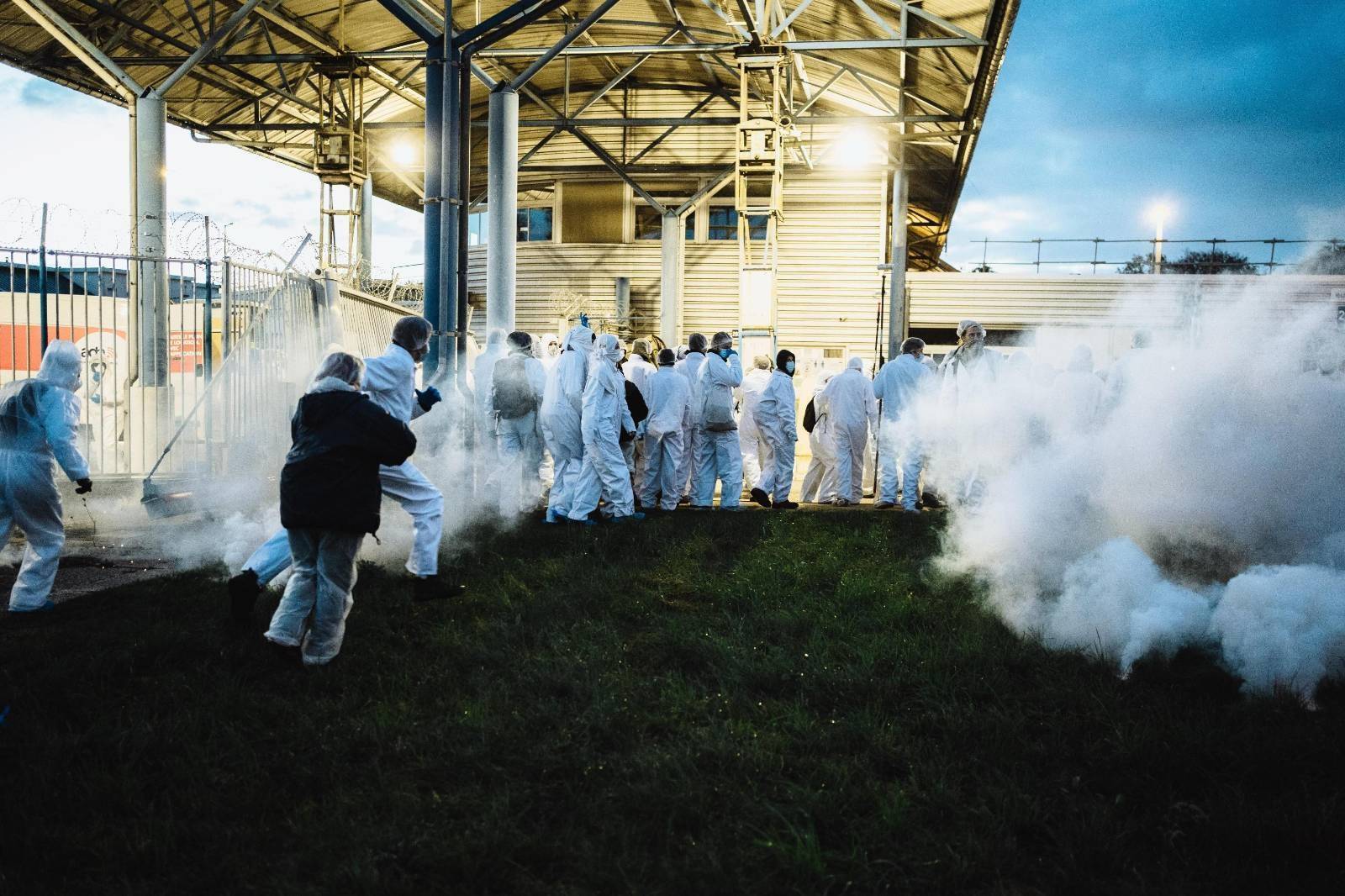Munyaradzi is an artist and activist in Zimbabwe campaigning for a more open, transparent government by using digital tech. Here’s his story.
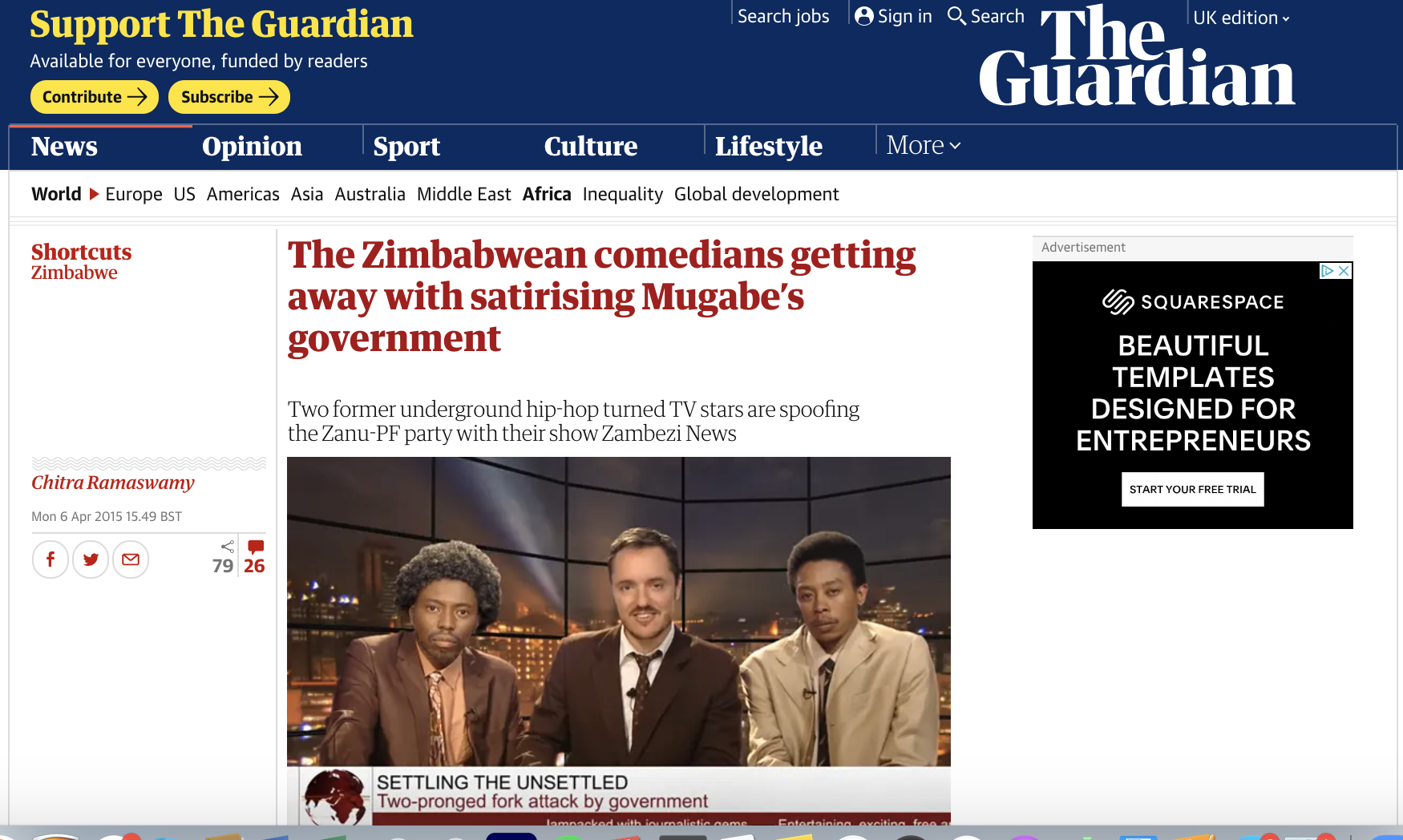
My name is Munyaradzi Dodo. I’m an activist and Programme Lead for the Digital X programme at Magamba Network, one of Africa’s leading creative organisations using the arts, digital and youth engagement to bring freedom to the people of Zimbabwe.
Magamba means ‘Heroes’ or ‘Freedom Fighters’. There is a lot we have been fighting against — hyperinflation; disillusionment; political oppression; arrests of our peers for sharing their views on social media; abductions of fellow activists for standing up to politicians; opposition MPs being abused by the police and members of the state. And now we’re operating under the weight of a global pandemic.
I was recently diagnosed with and overcame Covid-19 — and it’s given me more energy to work towards holding the government to account, using digital activism to scrutinise how they use funds allocated for Covid, or how their action or inaction affects every aspect of my life and the lives of millions of other Zimbabweans. Because living in Zimbabwe is a whole challenge on its own.
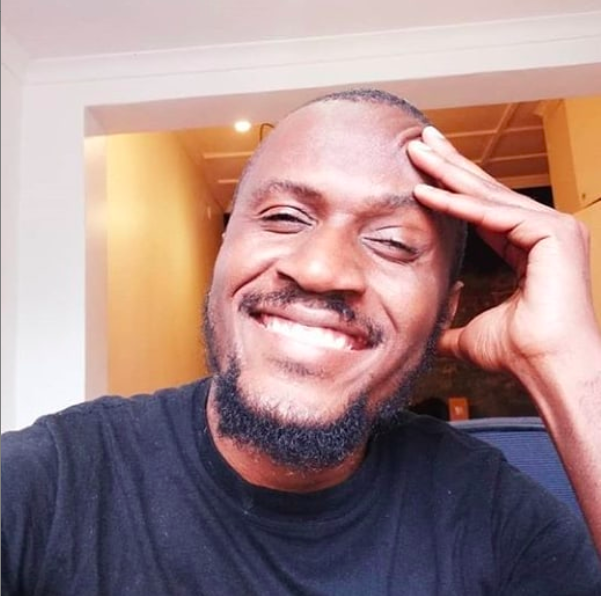
My journey into digital activism kicked off when I started a small company called TV Yangu, a site that aggregated the best Zimbabwean content for people at home and abroad to see. I met mobile network operators and realised they wielded so much power, controlled so much information and had formed an unholy alliance with the government. The mobile network heads could meet up and just decide, without consultation, that they were going to increase the price of mobile data. As a startup struggling to get users, having to pay to play in an economy in freefall was virtually impossible. So l began to speak out and push back.
At Magamba Network I found a community of activists and a family that believed in the power of cultural activism as a force for change, to challenge the powerful and the structures that hold them in place. Be it satire, music, journalism — we know that there are so many ways to create a better future. Digital technology platforms will always be a key vehicle to making that happen.
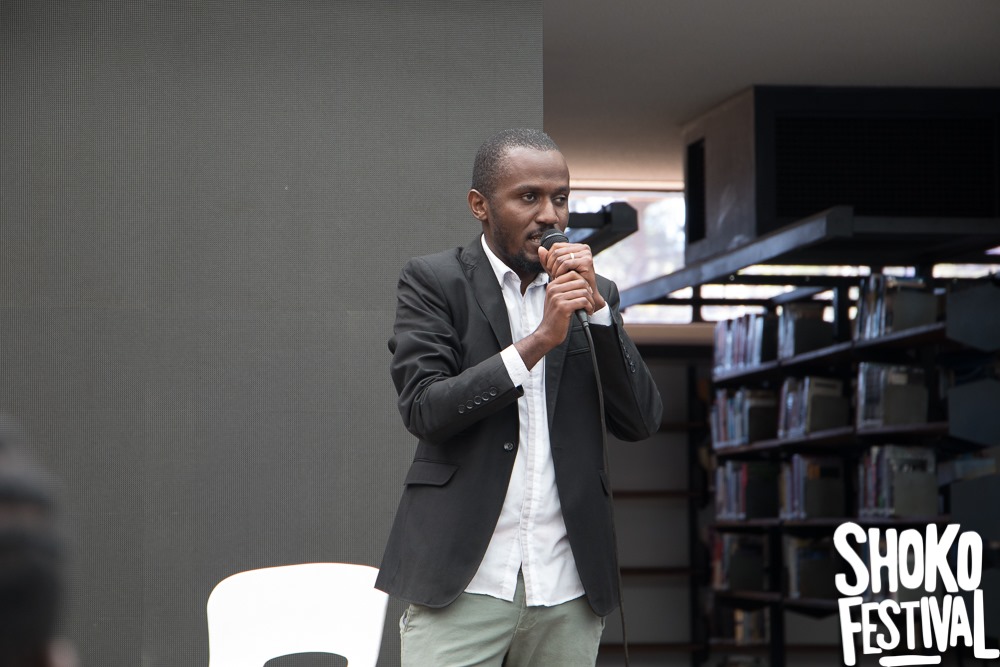
The organisation uses satire to call out corruption, spreading the message across digital channels. Through shows like Zambezi News and The Week we expose corruption, brutality and the things that make you laugh and cry living in a country like Zimbabwe. Digital technologies havehas allowed us to push these programmes out on a massive scale with huge uptake on WhatsApp and Facebook. It’s helped us get around state media and government propaganda, and reach people across the country. It’s one of many ways digital platforms and social media allows us to speak truth to power.
We also launched and grew Open Parly, a project that opens up the processes of parliament, press conferences, moments of political importance like elections to everyone in the country. We’re rolling it out in countries across the continent — and it’s proving vital to hold leaders to account and engage young people in political processes. Whilst propaganda and state owned TV dominates and produces content that tilts towards the government (and the production quality is terrible ) we’re able to use simple technology to shine a spotlight on political developments that affect Zimbabweans, speak to politicians that need to be held to account and reach thousands if not millions of people. All this with a mobile phone, a couple of add-ons and access to the internet.
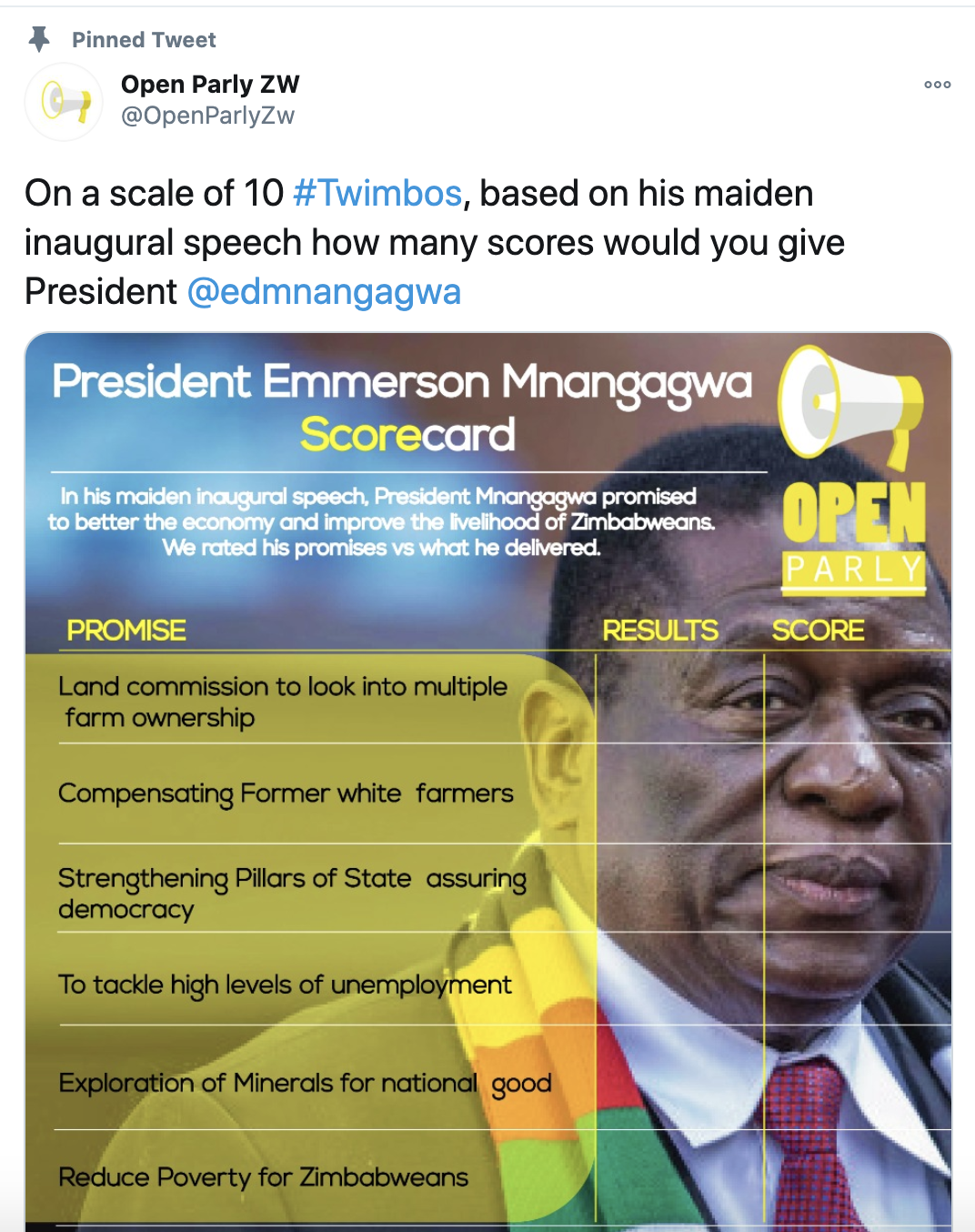
These and other projects continue to grow. It’s down to us seeing the opportunity technology provides us activists, recognising what people need and aren’t getting. It’s down to us to take risks and believe that in spite of the restrictions we face we can innovate and challenge the state-run narrative. It’s down to the spirit of the activists involved and the way we have learned and unlearned, so that we can grow.
And that’s been really important.
Tools and technologies are changing fast. A skill, platform, or tool can be niche one year and invaluable the next.
2020 has proved how uncertain our futures can be. We should work with this in mind — if we can adapt and be open to embracing new tactics quickly we’ll not only stay relevant, but keep pushing the boundaries of what digital technologies can do for our projects and campaigns.
